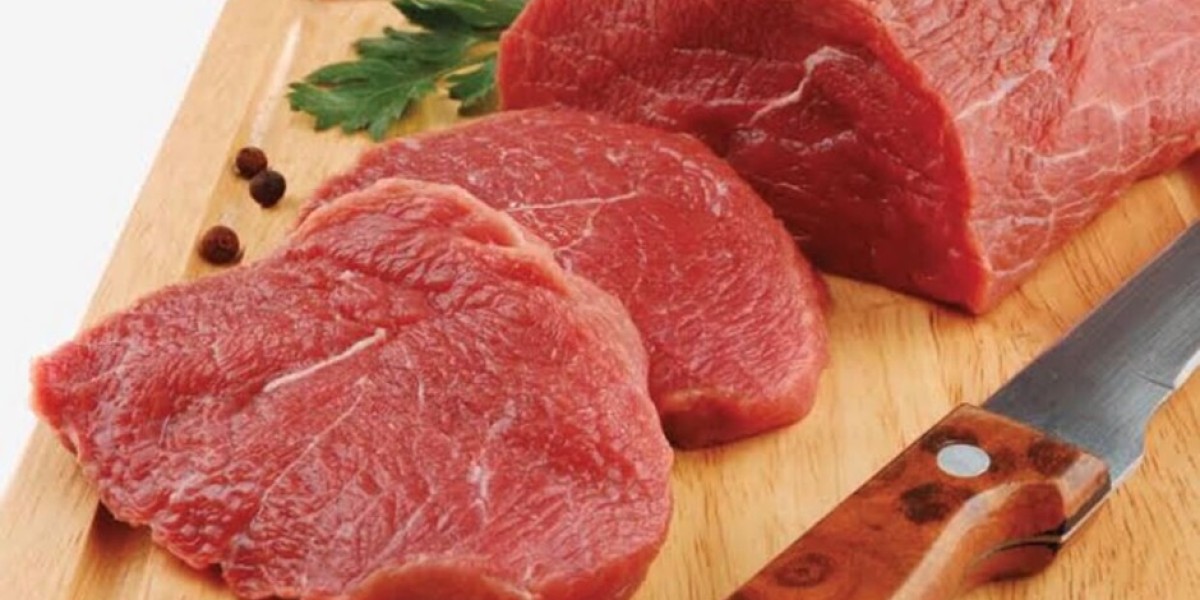Halal meat, once primarily associated with Islamic dietary laws, has increasingly become a staple in modern cuisine. This shift is driven by a combination of cultural, ethical, and health considerations. This article explores why halal meat is gaining popularity and how it is shaping contemporary dining experiences.
Understanding Halal Meat
What is Halal Meat?
Halal meat refers to meat that is prepared and processed according to Islamic dietary laws. The term "halal" means "permissible" in Arabic, and it outlines specific guidelines for how animals should be raised, slaughtered, and processed. The halal process involves humane treatment of animals, ensuring that they are healthy at the time of slaughter, and reciting a prayer during the process.
The Rise of Halal Meat in Modern Cuisine
Increasing Awareness and Acceptance
One of the main reasons for the growing trend of halal meat is the increased awareness and acceptance of diverse dietary practices. As globalization brings different cultures closer together, there is a greater appreciation for various culinary traditions. This openness has led to a broader acceptance of halal meat beyond its traditional market.
Health and Ethical Considerations
Health and ethical considerations also play a significant role in the growing popularity of halal meat. Many consumers are drawn to halal meat due to its perceived health benefits. The halal slaughtering process, which includes draining blood from the carcass, is believed to produce cleaner and healthier meat. Additionally, the humane treatment of animals, which is a cornerstone of halal practices, appeals to those concerned with animal welfare.
Halal Meat’s Influence on Contemporary Cuisine
Culinary Diversity
Halal meat's rise in popularity has contributed to a greater diversity in contemporary cuisine. Chefs and restaurants are increasingly incorporating halal options to cater to a wider audience. This trend is evident in various food establishments, from fast-food chains to gourmet restaurants, offering halal meat dishes alongside traditional and modern fare.
Fusion Dishes and Innovation
The incorporation of halal meat has also sparked culinary innovation. Chefs are experimenting with halal ingredients to create fusion dishes that blend traditional flavors with contemporary techniques. This experimentation has led to unique and exciting culinary creations that appeal to both halal and non-halal consumers.
Economic and Market Growth
Expanding Market Opportunities
The growing demand for halal meat has opened up new market opportunities for suppliers and producers. The halal meat industry has seen significant growth, driven by increased consumer interest and market expansion. This growth is not limited to regions with large Muslim populations; it extends to various parts of the world where consumers are seeking high-quality, ethically sourced meat.
Increased Availability and Accessibility
As the demand for halal meat rises, it has become more widely available. Supermarkets, specialty stores, and restaurants now offer a range of halal products, making it more accessible to consumers. This increased availability reflects the broader acceptance and integration of halal meat into everyday diets.
Consumer Preferences and Trends
Diverse Consumer Base
Halal meat is no longer solely consumed by those who follow Islamic dietary laws. It has attracted a diverse consumer base, including those who choose halal for its perceived health benefits and ethical considerations. This broad appeal contributes to its growing presence in modern cuisine.
Influence of Social Media and Food Trends
Social media and food trends have played a role in popularizing halal meat. Platforms like Instagram and TikTok showcase innovative halal dishes, food trends, and culinary experiences, further driving interest and acceptance. The visual appeal and accessibility of these platforms help to spread awareness and enthusiasm for halal meat.
The Future of Halal Meat in Modern Cuisine
Continued Innovation and Integration
The trend of halal meat in modern cuisine is likely to continue growing. As more consumers and chefs explore halal options, innovation in halal meat products and preparations will expand. This ongoing innovation will contribute to the integration of halal meat into various culinary traditions and practices.
Globalization and Cultural Exchange
Globalization and cultural exchange will further influence the popularity of halal meat. As cultures continue to interact and share culinary practices, halal meat will likely become a standard offering in diverse food markets. This cultural exchange will enrich global cuisine and promote greater understanding and acceptance of different dietary practices.
Conclusion
The rise of halal meat in modern cuisine reflects a broader trend of embracing diverse dietary practices and ethical considerations. Increased awareness, health benefits, and humane treatment of animals contribute to its growing popularity. As halal meat continues to influence contemporary dining, it brings new opportunities for culinary innovation and market growth. By understanding the factors driving this trend, we can appreciate the role of halal meat in shaping the future of global cuisine.



